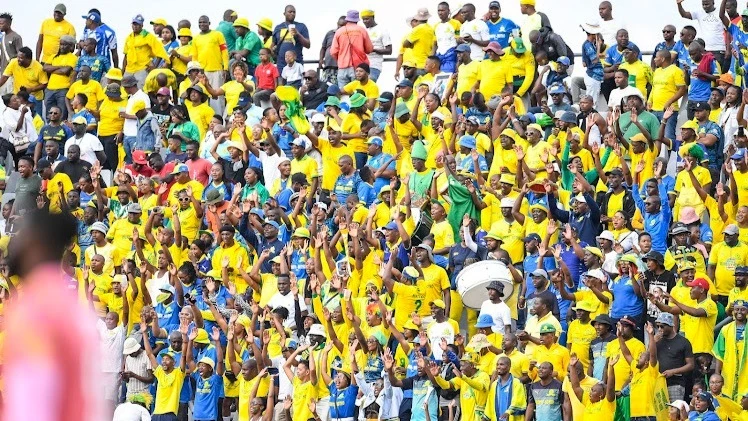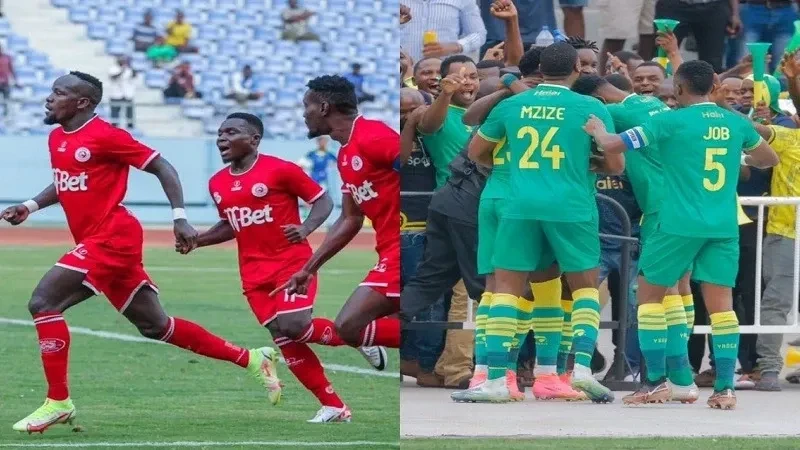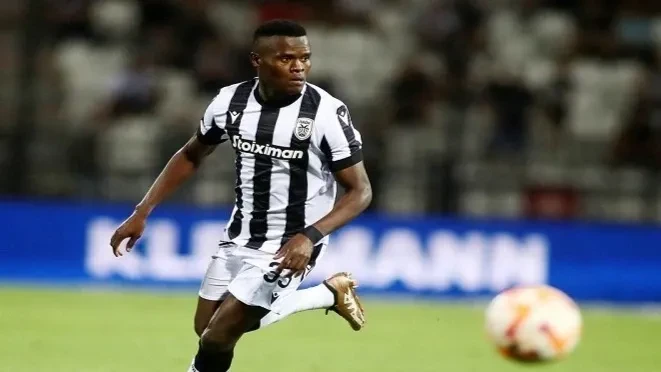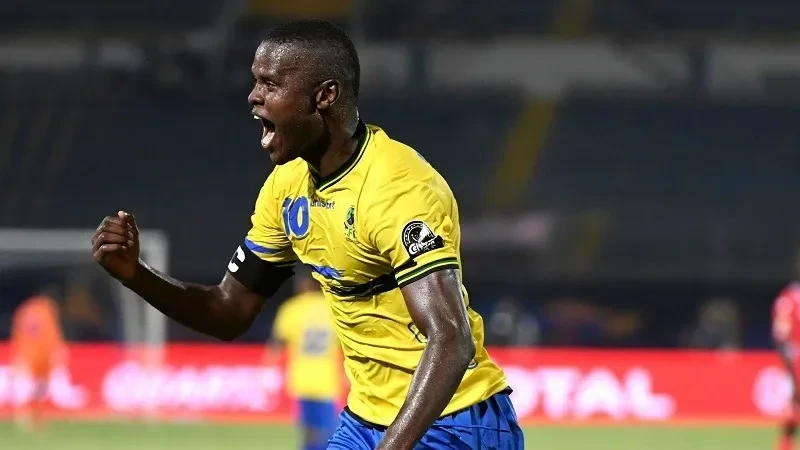Simba SC duality failing its finances, administration plus player recruitment
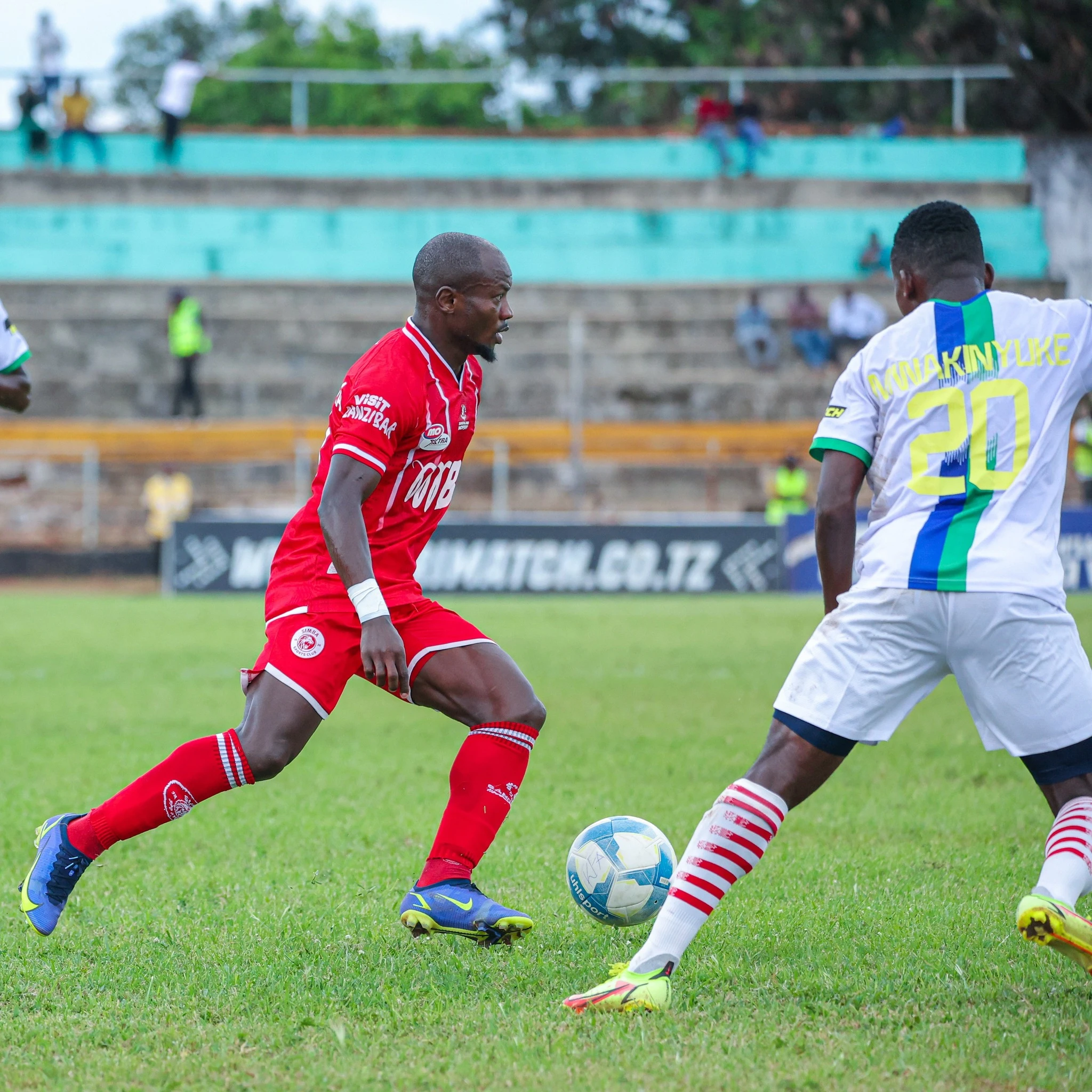
SOUL searching is proceeding apace at Simba SC following its relatively poor showing in the 2023/24 CAF Champions League quarterfinal’s home and return matches with Al Ahly, and how it was bundled out on penalties in Round of 16 of the renamed CRDB Bank Federation Cup tourney by a far off regional club, Mashujaa FC.
Based on that exploit, the Kigoma side had in a sense belatedly earned on the pitch what they took up as their name, as they were now real heroes before a home crowd at the Lake Tanganyika Stadium at the ‘railway end point’ of Kigoma.
That also put away the famed Ali Kiba song that sings praises of the now-paled former league champions, derailed from the title chase.
Plenty was being said on the issue and it reflected the framework of running the club that has now lasted about six years, and some observers worry it may go the way another sponsor left the club and started a fairly successful enterprise, Azam FC.
It is something that can be considered a constitutional issue, in the sense that the role of the sponsor is redefined as that of an investor, but where he has little power over how the club is run. He has to convince a lot of people of any decision.
This much, the supposed investor ended his day-to-day presence in the club and has in the past year been provided with the presumptive title of honorary president of the club.
What is now being observed is that since he left the chairmanship of the club, little is going forward, it has largely lived on its past glories and to an extent even its past registrations.
It earned respect in Africa in being recognized as one of the 10 best clubs in the CAF Champions League, respect that it lived up to in reaching the quarterfinals of the tourney, despite crashing out disappointingly.
There was a fairly spirited debate at the time that the side had qualified for the quarterfinals and an interview was conducted with the sponsor-cum-investor, who cited his ‘purchasing’ of the club as one of the most significant things he has done in life.
Pundits were putting that affirmation to exhaustive questioning while irate fans sought detailed explanations from their leaders if the club was ‘sold’, already.
To be frank, that is indeed the case as the club adopted a business model and accepted Mohammed Dewji 'Mo' as an investor.
It is an exploitative Public Private Partnership (PPP) whereby the investor puts in nearly everything and the others prize themselves with membership cards, and TV rights, for which they have 51pc shareholding. Regulators dictated this formula to end dissent.
The club spokesman did his best to disavow the idea that the club had indeed been ‘sold’ already, which means placing Mo in his right place, as an investor in the business model and not owner.
He made an energetic effort to credit billionaire Mo with the vision that had driven the club to an honorable mention in African football.
That much was not in debate in the first place, it is easily acknowledged without either a visible grudge or hesitance, even as the basic question remained far from answered.
So, was the billionaire mistaken to say he had bought the club?
Disproving this claim is what may cost the club its prospects for the near future, as the sponsor is compelled to share honours with anonymous, penniless individuals who wish that he simply brings in the money and they run the club.
But as he has a 49 percent share of what looks like a company, he appoints his representatives to form a board on which the majority shareholders either appoint or elect what is known as leadership – even if they aren’t the real decision-makers.
The sponsor has placed a limit to his commitment to the club, as they don’t want to give it to him, and the result is wide unmet expectations; the two sides are left to tussle, they share up the cash provided and their registrations remain lackluster; the investor isn’t pushing best decisions.
That is what is ailing the club right now, as they have placed a limit on the ability of the sponsor to identify with the club as ownership, and, in that manner, he has placed a limit on the dispensation of cash for club interest.
They want him to go further and ensure capable registration and perhaps a dimension of either motivation or cohesion at other levels, but they will get none of that.
Club fans and even pundits are nearly unanimous that the problem is the sponsor, that is, the investor; they have no idea that in hurting his feelings as to purchasing the club, he is compelled to be pocket-shy.
One can even hear someone in the shadows saying ‘Why not,’ that is, must he be left to brag that he has purchased the club for him to release the cash needed to build the club?
That is a rather immature question that takes the billionaire’s cash for granted and fails to notice that club members’ failure to accept the sponsor as overall boss at the club has its costs.
He does not need a board split into two and a double-tongued management, a diarchy of leadership that reflects an underlying dichotomy.
Club members need to grasp that the Mo Foundation works for the club; it can manage it as with their archrivals next street, to astonishing outcomes.
Top Headlines
© 2024 IPPMEDIA.COM. ALL RIGHTS RESERVED



